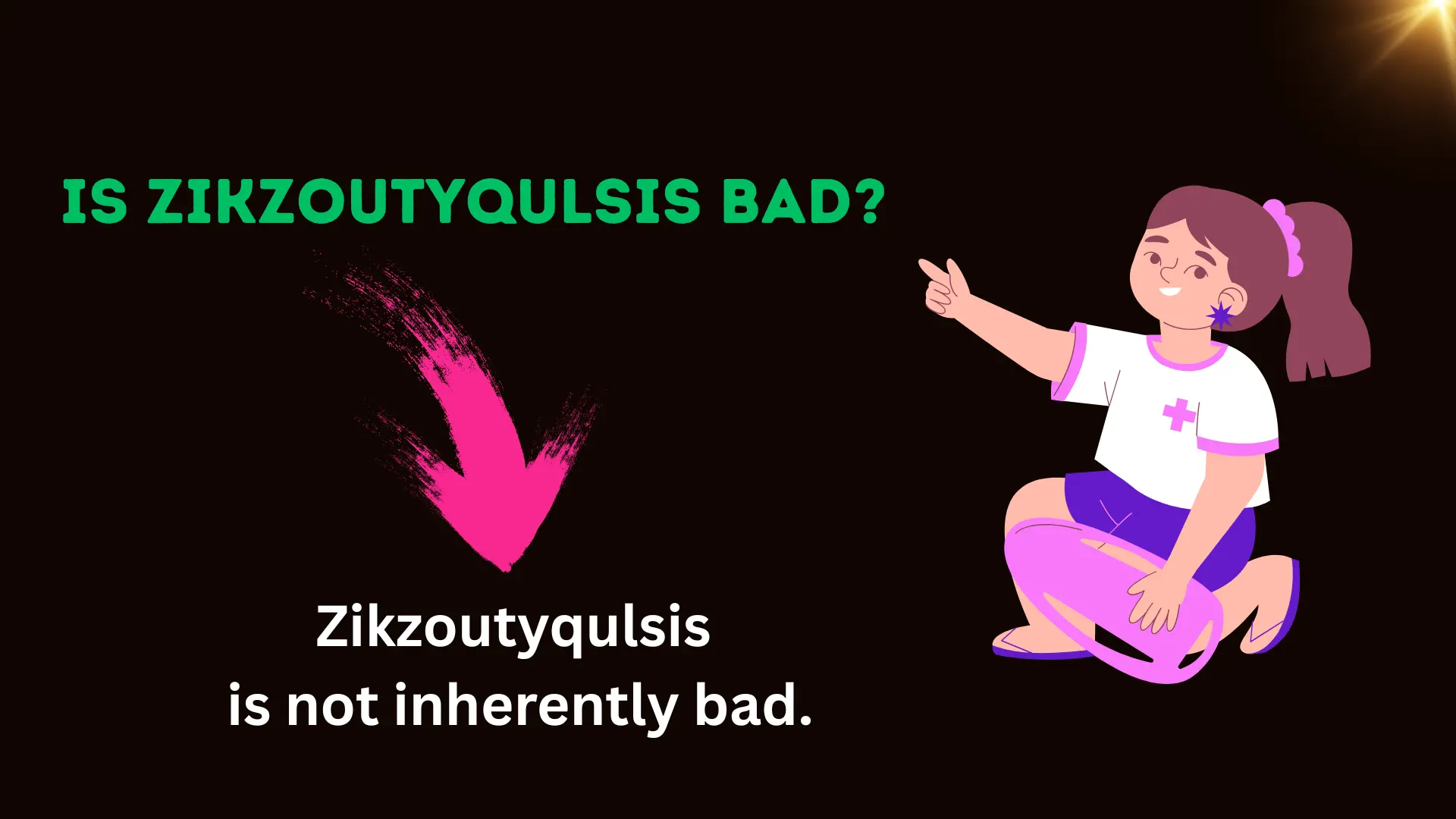Zikzoutyqulsis is not inherently bad. It is an invented internet word with no official definition, often misinterpreted as negative but actually just a cultural curiosity.
Strange words often take the internet by storm—confusing, intriguing, and sometimes even worrying people. Zikzoutyqulsis is one of those mysterious terms that suddenly appears in conversations and search engines.
People ask: What does Zikzoutyqulsis mean? Where did it come from? Is it dangerous or bad?
This guide breaks down everything: the meaning, interpretations, origin, timeline of spread, claims versus facts, expert insights, myths, and its real-world impact.
By the end, you’ll know the full truth about Zikzoutyqulsis—without the fear, confusion, or misinformation.
Understanding Zikzoutyqulsis
Zikzoutyqulsis functions like a linguistic puzzle. Unlike words with clear dictionary entries, it thrives on ambiguity and curiosity. It isn’t officially defined, which allows people to attach their own interpretations.
👉 Think of it like a “blank canvas word”—its meaning depends entirely on context. Sometimes used playfully, sometimes framed negatively, it’s more a reflection of human imagination than danger.
Zikzoutyqulsis Meaning and Interpretations
| Interpretation | What People Believe | Reality Check |
|---|---|---|
| Symbolic Expression | Represents chaos, disorder, or confusion. | Subjective, not factual. |
| Internet Slang | Meme-style filler word for humor. | Widely accepted usage. |
| Negative Label | Used as shorthand for bad behavior. | Contextual, not inherent. |
| Secret Code | Claimed to hide hidden meaning. | No proof supports this. |
| Nonsense Word | Simply invented for curiosity. | Closest to the truth. |
Origin of Zikzoutyqulsis
Most evidence suggests Zikzoutyqulsis originated in online communities experimenting with unusual language. Like many viral terms, it spread through memes, forums, and curiosity-driven posts.
Some speculate it was a deliberate “linguistic challenge”—a test to see how fast a nonsense word could travel online. Whether accident or experiment, its growth followed a familiar internet pattern: mystery → debate → viral popularity.
Timeline of Spread
- Early Stage: First used in niche chatrooms.
- Viral Phase: Shared in memes, sparking “What is this?” searches.
- Google Spike: Search interest rose as people worried if it meant something harmful.
- Current Stage: Blogs, discussions, and debunking articles attempt to clarify it.
📈 Like many internet trends, it follows a hype cycle—initial confusion, rapid spread, then normalization.
Why Some People Believe Zikzoutyqulsis Is “Bad”
- Fear of the Unknown – People mistrust things they don’t understand.
- Negative Framing – Early uses in arguments made it sound sinister.
- Myth Spread – Viral posts exaggerated its meaning.
- Cultural Bias – Strange words often get wrongly labeled as “bad” just because they are unfamiliar.
Fact-Checking Claims About Zikzoutyqulsis
| Claim | Fact Check |
|---|---|
| “It’s dangerous.” | ❌ No evidence supports this. |
| “It’s a secret society code.” | ❌ Conspiracy-driven, not true. |
| “It symbolizes chaos.” | ⚠️ Only metaphorical, not literal. |
| “It has an official meaning.” | ❌ Not recognized by dictionaries. |
Expert Insights and Neutral Perspectives
- Linguists: Zikzoutyqulsis is a constructed word with no inherent meaning—a classic example of digital-era word invention.
- Psychologists: People project fears onto unfamiliar terms, leading to false associations.
- Cultural Analysts: It thrives because mystery drives engagement, not because it has hidden power.
📌 Data-driven Evidence: Similar terms (like “goblin mode”) surged then normalized—Zikzoutyqulsis is on the same trajectory.
Real-World Impact and Community Reactions
- Curious Learners Google it, seeking meaning.
- Meme Creators exploit its oddity for humor.
- Fearful Readers misinterpret it as harmful.
- Researchers use it as a case study for language spread.
Debunking Myths Around Zikzoutyqulsis
❌ Myth: Saying it has harmful effects.
✅ Truth: Pure superstition, no impact.
❌ Myth: It’s connected to dark origins.
✅ Truth: No evidence—it’s just internet-born.
❌ Myth: It’s universally seen as bad.
✅ Truth: Most see it as harmless curiosity.
Practical Guidance for Readers
- ✔️ Don’t panic—words only gain meaning when communities assign it.
- ✔️ Check reliable sources before believing rumors.
- ✔️ Use it for curiosity, fun, or research—never fear.
- ✔️ Treat it as an example of how language evolves.
Final Verdict: Is Zikzoutyqulsis Bad?
No—Zikzoutyqulsis is not bad. It’s an internet-born word that became popular because of its mystery. While some associate it with negativity, there is no factual, linguistic, or cultural evidence to support harmful claims. It’s simply another reminder that in the digital age, even nonsense words can gain global attention.
FAQs
What does Zikzoutyqulsis mean?
It has no fixed meaning; people interpret it in different ways.
Is Zikzoutyqulsis harmful?
No, there’s no evidence that it is harmful in any way.
Where did Zikzoutyqulsis come from?
Likely from online communities experimenting with language.
Why do people think Zikzoutyqulsis is bad?
Mostly due to fear, rumors, and early negative associations.
Is Zikzoutyqulsis an official word?
No, it is not recognized by dictionaries or language authorities.
Can I use Zikzoutyqulsis in conversation?
Yes, but expect curiosity or confusion since it has no standard meaning.
Will Zikzoutyqulsis remain popular?
Probably not—it’s part of a viral trend cycle and may fade with time.
Conclusion
Zikzoutyqulsis is less of a threat and more of a cultural curiosity. Its rise shows how quickly mysterious words can spark conversations, fears, and myths online. Far from being “bad,” it’s simply another quirky product of internet culture—proof that language is alive, evolving, and full of surprises.




